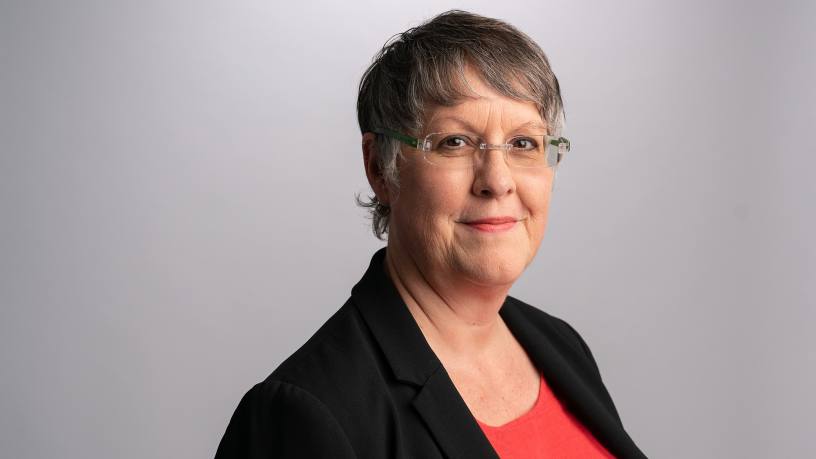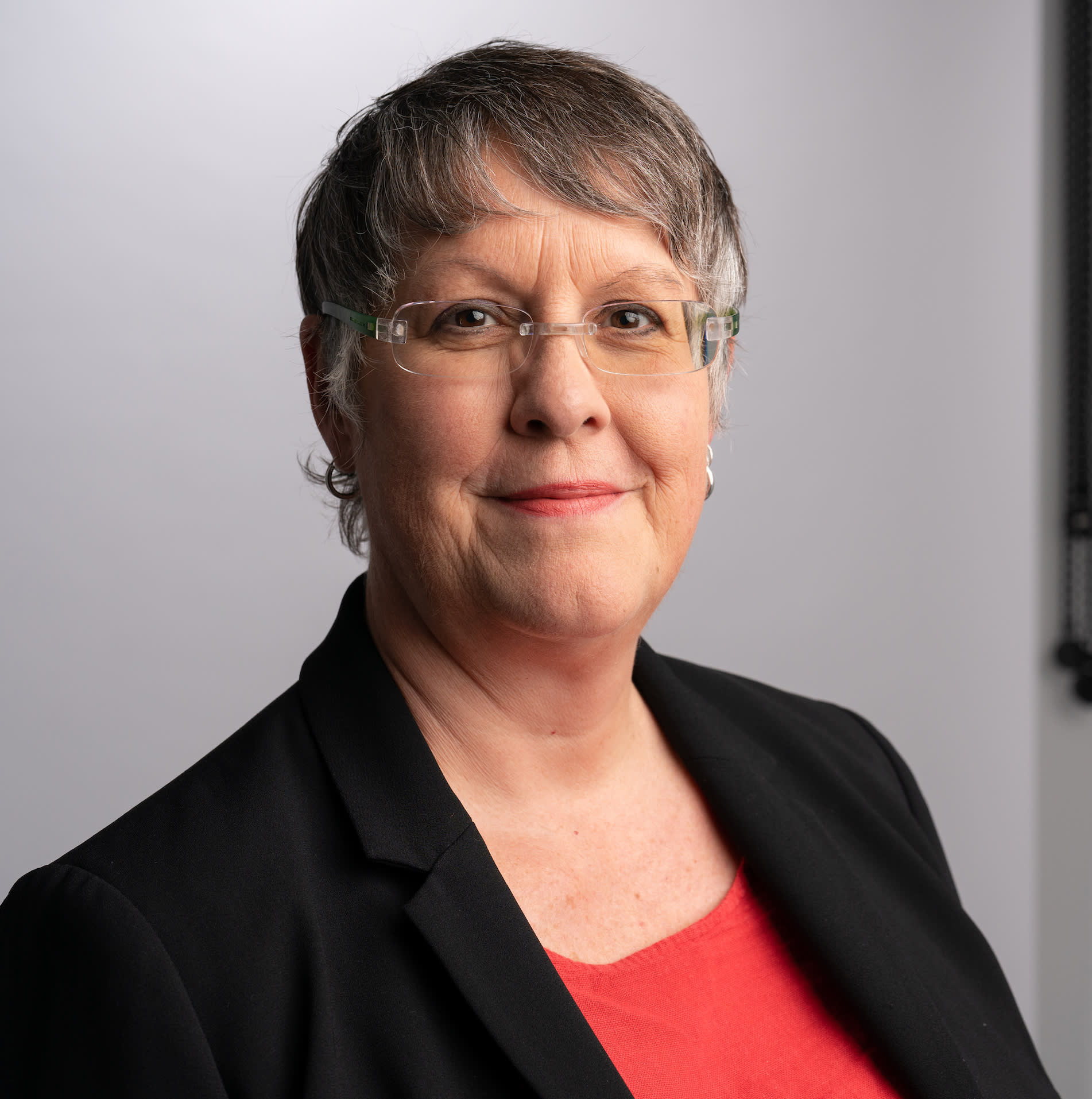Similar to other sectors, the investment management industry is experiencing rapid change. Portfolio managers, analysts and sales teams need to stay up-to-date with industry trends, as well as look for gaps in the market to advance their careers. Skilling, reskilling and upskilling should be on everyone’s agenda.
“Our research shows that the average investment professional will have five to six major career pivots, for instance, going from performance measurement to an analyst or portfolio manager role, to risk management or managing people, and so on,” says Marg Franklin, chartered financial analyst (CFA), president and CEO of the CFA Institute, a global association of investment professionals.
Environmental, social and governance (ESG) impact is one such fast-burgeoning industry trend, and investment managers need to integrate ESG considerations into products, policies and client conversations. Many are finding that investors are now considering ESG impact as much, if not more than, risk and return. Yet there is a dearth of ESG expertise.
“In climate and ESG, there is a huge supply-demand gap,” Ms Franklin reports. “A few years ago, we looked at a million resumes on LinkedIn and found that fewer than 1% have ESG skills listed – yet in a review of 10,000 jobs, 6% wanted ESG skills. With increasing regulation around disclosures for climate and net-zero emissions, this gap stands out in technicolour stark relief.”
we looked at a million resumes on LinkedIn and found that fewer than 1% have ESG skills listed
To address the skills gap, the institution launched its Certificate in ESG Investing in 2019 and plans to launch its Climate Certificate in February 2024. “The new course is much more technical and case-based,” she explains. “It is the application of knowledge: taking those general concepts and then incorporating them into the investment decision process.”
The CFA Institute has also been exploring how to create a more financially literate workforce, with courses that are investment related but not necessarily for the investment manager, targeting areas such as marketing, public relations, sales, human resources, and IT roles. The idea is to create a level playing field of concepts, language and content.
“We completely reimagined our Investment Foundations Certificate, which is an industry primer, for people who are part of the investment ecosystem but not in an investment decision-making role, such as data scientists,” explains Ms Franklin.
Likewise, the association launched a Data Science Certificate for investment managers and professionals to generate a greater understanding of this field because an increasing portion of the investment decision-making process includes data science. “Now they all are speaking the same language,” she adds.
As part of its modernisation drive, the CFA Institute has invested in bringing the best learning principles into its course design and structure, such as making courses modular, digital and mobile, as well as testing regularly along the learning journey. In the certificate courses, the institute also plans to launch a cohort model.
“The basic concept – content plus community plus cohorts – is a successful strategy,” says Ms Franklin. “A learner-centric approach makes all the difference for the new generation, but frankly, it works for the older generation as well. Having a feedback loop all the way through helps solidify learning along the way. The cohorts will provide that human connection, as well as the ability to hear other perspectives.”
Learn about ESG
Ms Franklin is convinced that there is a great opportunity over the next five to seven years to transform the way the investment industry educates its workforce, as well as foster the next generation of investment professionals and attract candidates from a more diverse range of social backgrounds.
“One thing has become very apparent: no one is exempt from skilling, reskilling and upskilling,” she says. “The pace of change that we are encountering today means that everyone has reason to engage in continuous learning.”
Joy Macknight is editor of The Banker. Follow her on Twitter @joymacknight
Register to receive the Editor’s blog and in-depth coverage from the banking industry through the weekly e-newsletter.






